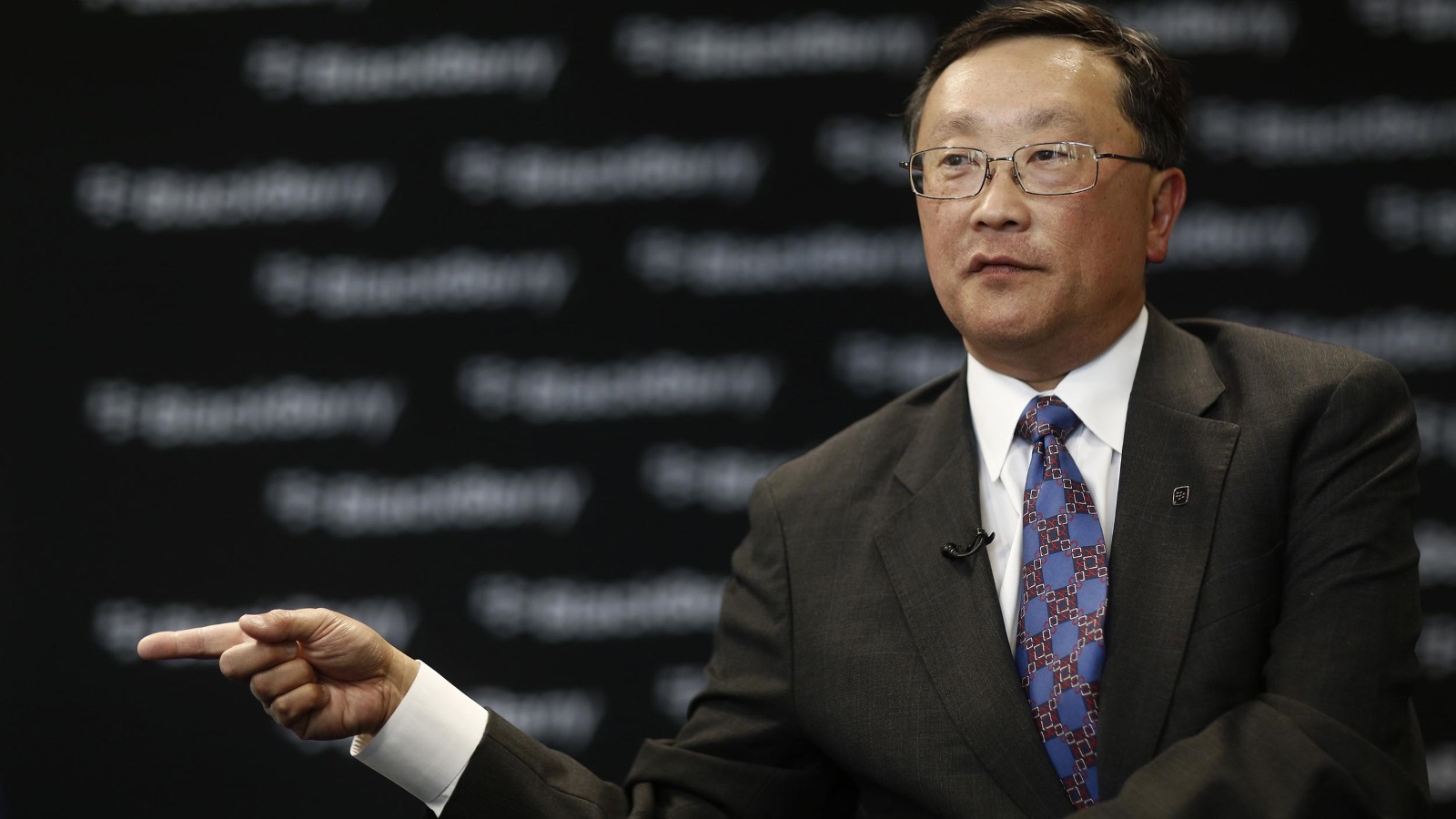 NEWS
NEWS
 NEWS
NEWS
 NEWS
NEWS
When the Royal Mounted Canadian Police wanted to take down some bad guys, BlackBerry Ltd., a name synonymous with security and privacy, was only too eager to help out.
Unlike its larger phone-making brethren Apple, which flatly refused all requests for assistance from the FBI, BlackBerry jumped at the chance to help out Canada’s foremost law enforcement agency access one of its phones. As revealed by BlackBerry CEO John Chen, the company gladly provided police with an key that decrypted communications from one phone to another. That “key” is basically the kind of backdoor that Apple has said it doesn’t want to create.
The story of how BlackBerry helped the cops was first picked up by Vice, and later confirmed by Chen in the following blog post:
“When it comes to doing the right thing in difficult situations, BlackBerry’s guiding principle has been to do what is right for the citizenry, within legal and ethical boundaries. We have long been clear in our stance that tech companies as good corporate citizens should comply with reasonable lawful access requests. I have stated before that we are indeed in a dark place when companies put their reputations above the greater good.
This very belief was put to the test in an old case that recently resurfaced in the news, which speculated on and challenged BlackBerry’s corporate and ethical principles. In the end, the case resulted in a major criminal organization being dismantled. Regarding BlackBerry’s assistance, I can reaffirm that we stood by our lawful access principles. Furthermore, at no point was BlackBerry’s BES server involved. Our BES continues to be impenetrable – also without the ability for backdoor access – and is the most secure mobile platform for managing all mobile devices. That’s why we are the gold standard in government and enterprise-grade security.
For BlackBerry, there is a balance between doing what’s right, such as helping to apprehend criminals, and preventing government abuse of invading citizen’s privacy, including when we refused to give Pakistan access to our servers. We have been able to find this balance even as governments have pressured us to change our ethical grounds. Despite these pressures, our position has been unwavering and our actions are proof we commit to these principles.”
BlackBerry declined to make any additional comments when it was asked to confirm Vice’s account of how it helped the police. This includes refusing to say if Canada’s police still have access to the backdoor that allowed it to intercept and unencrypt messages that led to the conviction of the criminals. That’s relevant, because Vice says the same backdoor could potentially be used to access millions of BlackBerry phones.
However, Chen did say that messages sent from corporate BlackBerry phones cannot be decrypted. Such phones are hooked up to BlackBerry Enterprise Server, which has “impenetrable” security, according to Chen.
The story comes after Apple publicly frustrated U.S. authorities with its insistence that building a universal workaround to its encryption feature would make all users vulnerable to hackers. The U.S. Department of Justice was among Apple’s biggest critics, saying that the firm was spinning the issue into a marketing campaign for its products. Those sentiments were seemingly echoed by Chen in his own post.
“I have stated before that we are indeed in a dark place when companies put their reputations above the greater good,” he said.
Support our mission to keep content open and free by engaging with theCUBE community. Join theCUBE’s Alumni Trust Network, where technology leaders connect, share intelligence and create opportunities.
Founded by tech visionaries John Furrier and Dave Vellante, SiliconANGLE Media has built a dynamic ecosystem of industry-leading digital media brands that reach 15+ million elite tech professionals. Our new proprietary theCUBE AI Video Cloud is breaking ground in audience interaction, leveraging theCUBEai.com neural network to help technology companies make data-driven decisions and stay at the forefront of industry conversations.